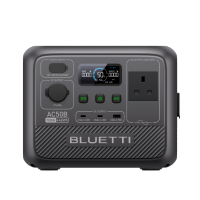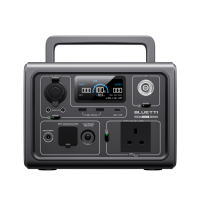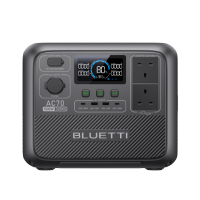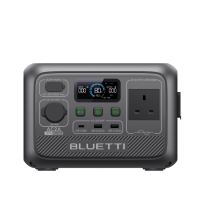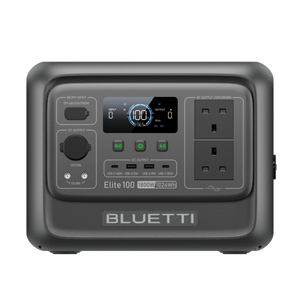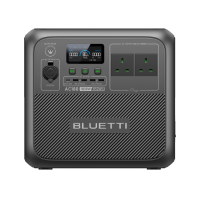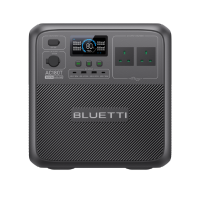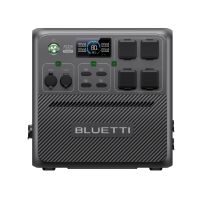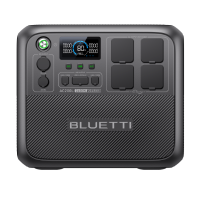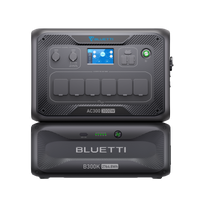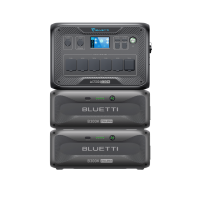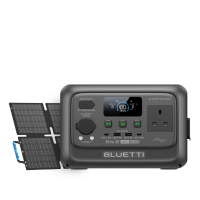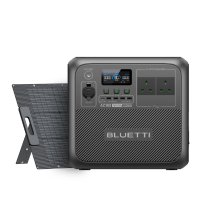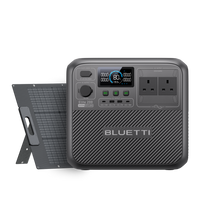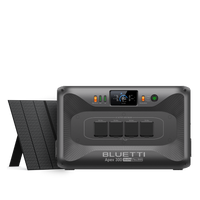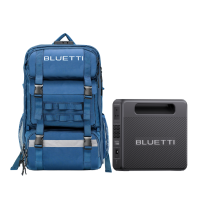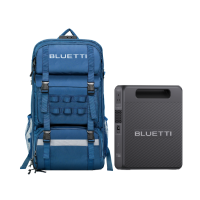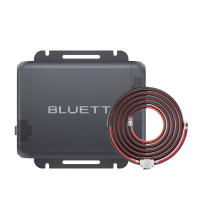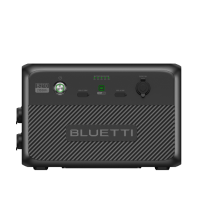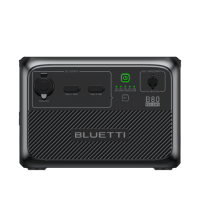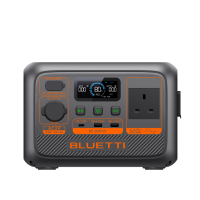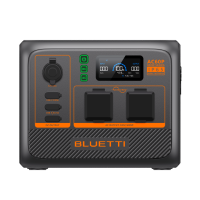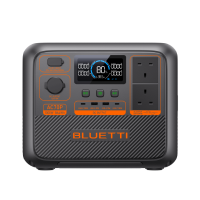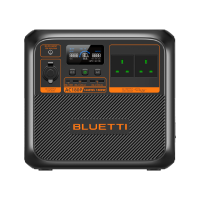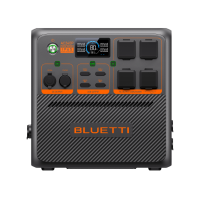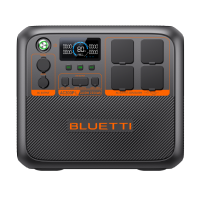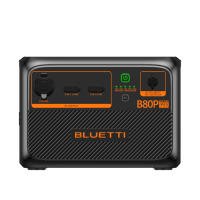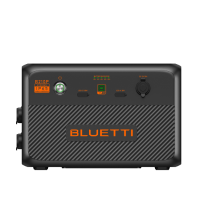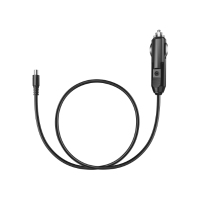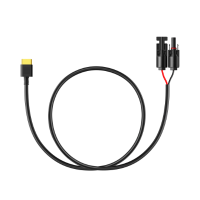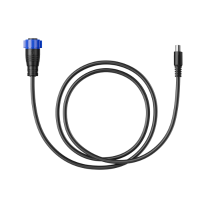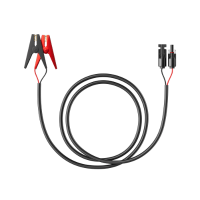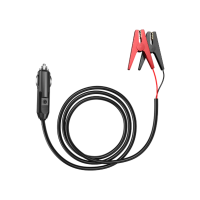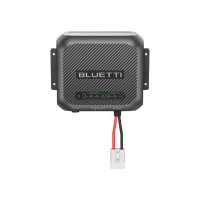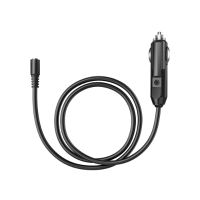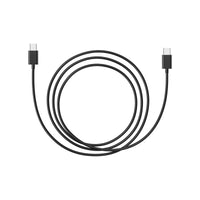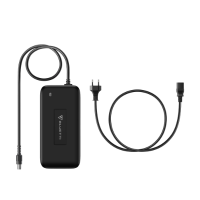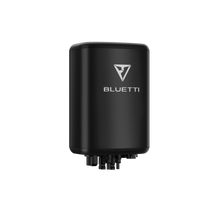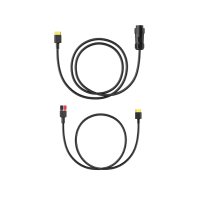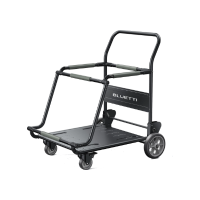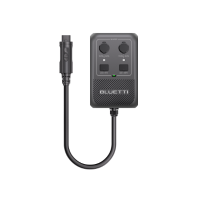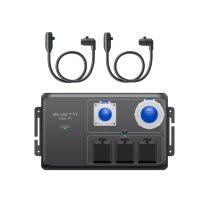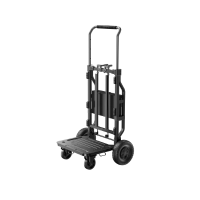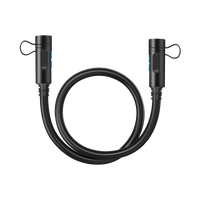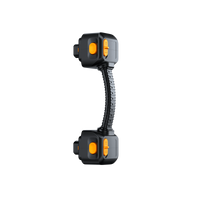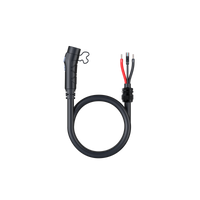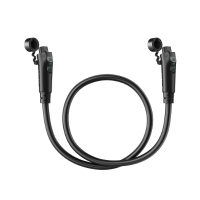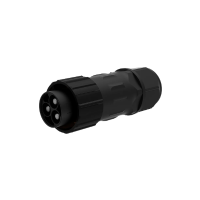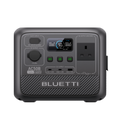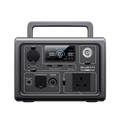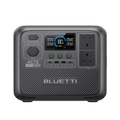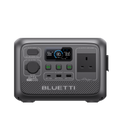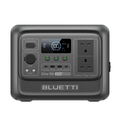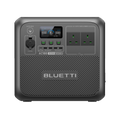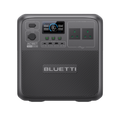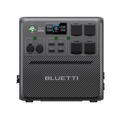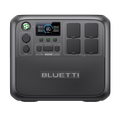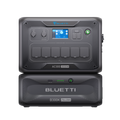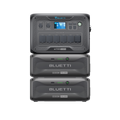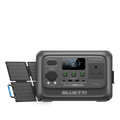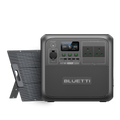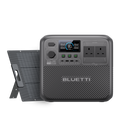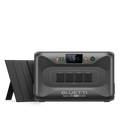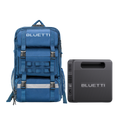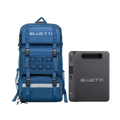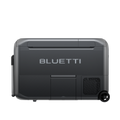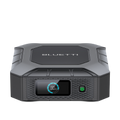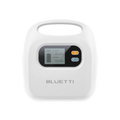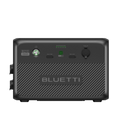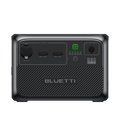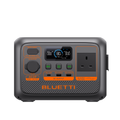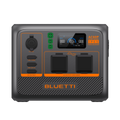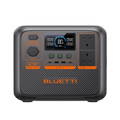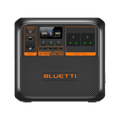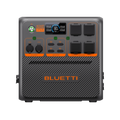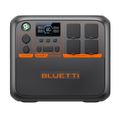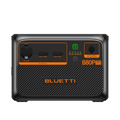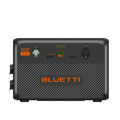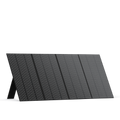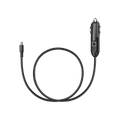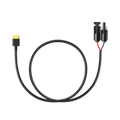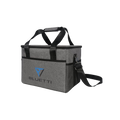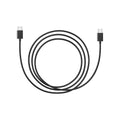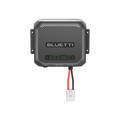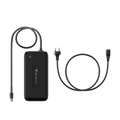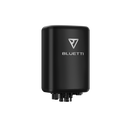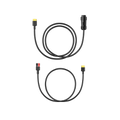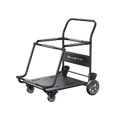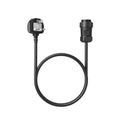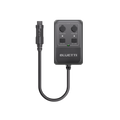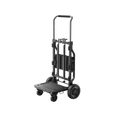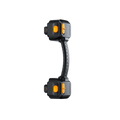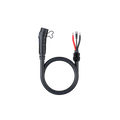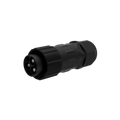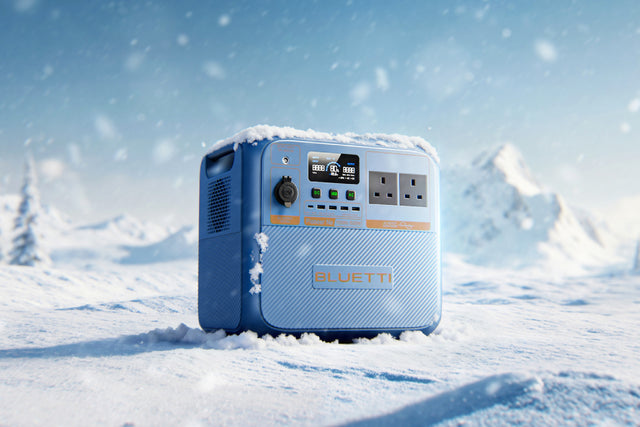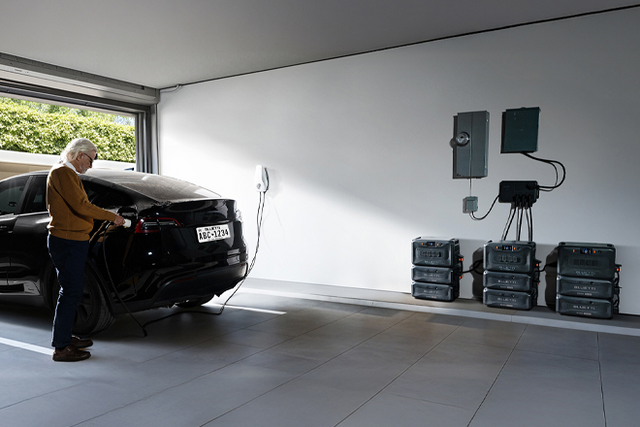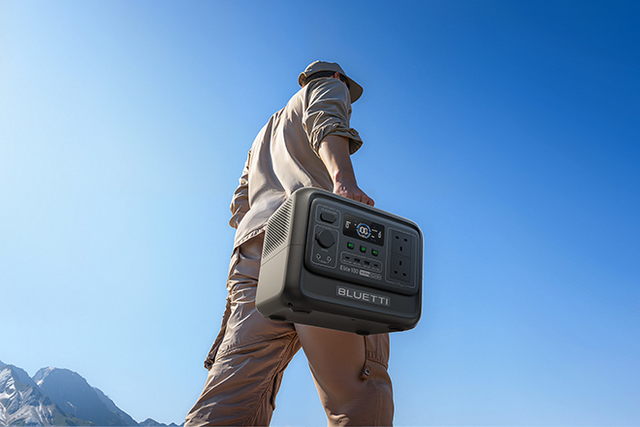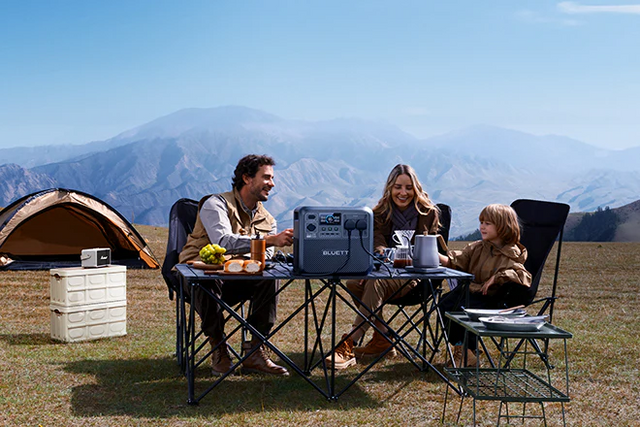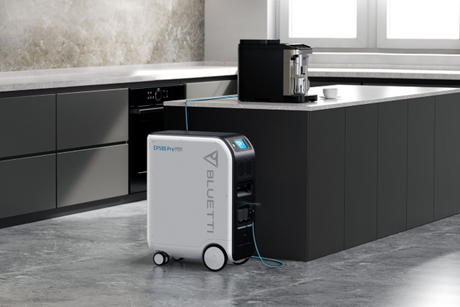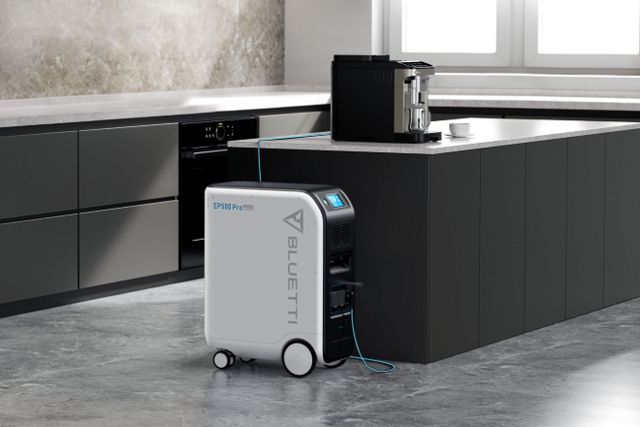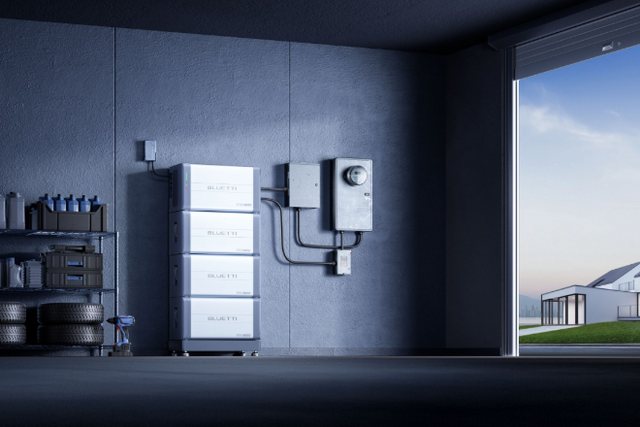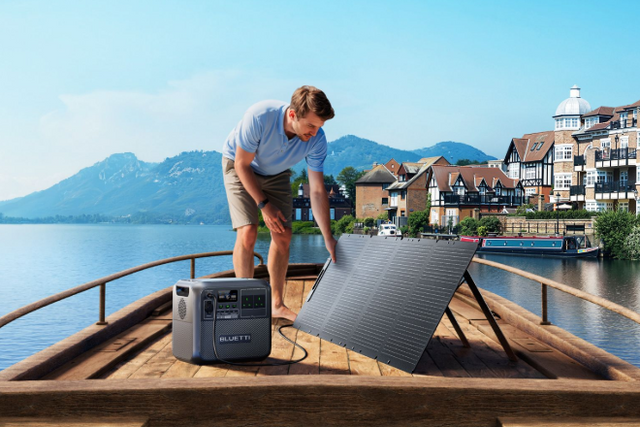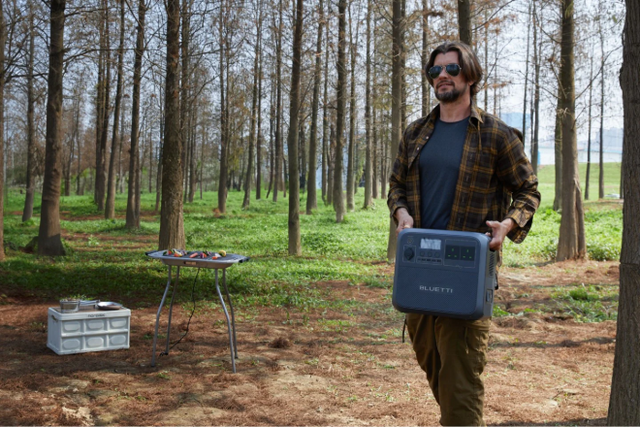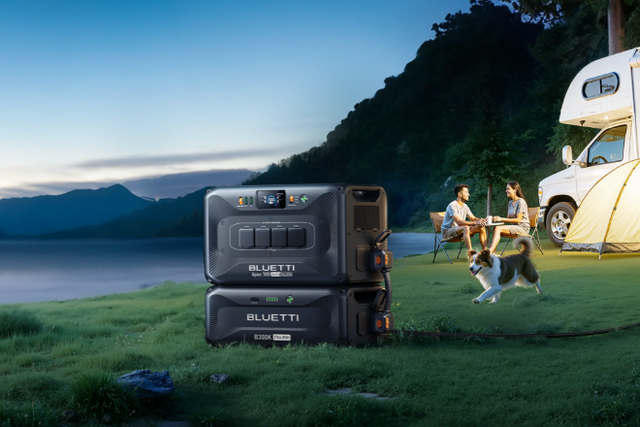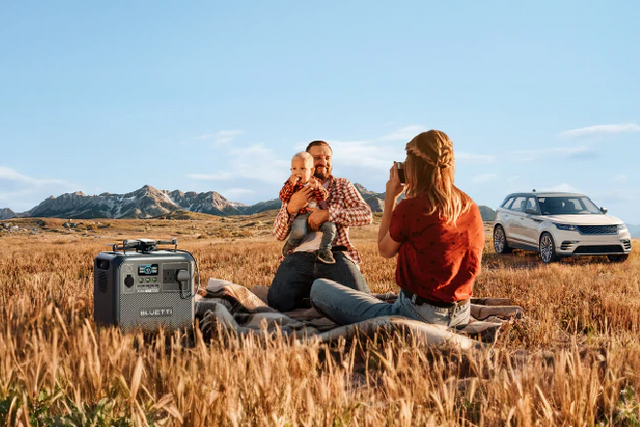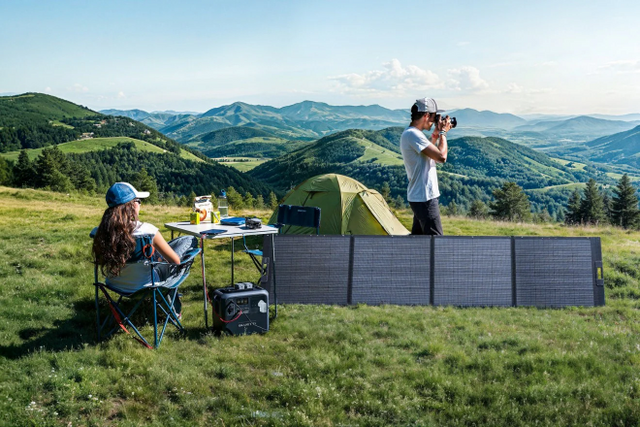Solo female campers need to take precautions that other campers may not, which means carrying a few extra items in their backpacks. So what are the camping essentials for women to take?
While this can be something of a burden - particularly when keeping pack weight down - safety should always be considered above all else.
This is particularly applicable for solo campers/hikers braving the wild outdoors for the first time. We look into the 9 camping essentials for women and how to stay safe.
9 Camping Essentials for Women to Keep You Safe
Wild camping alone can be incredibly cathartic and liberating, and should not be avoided just on the principles of being a solo female. These 9 tools will keep you safer when travelling alone.
1. Solar Charger
We get it. A big appeal of the Great Outdoors is to unplug from our modern conveniences, but it’s imperative you have a lifeline - and a way to charge said lifeline.
Portable solar devices are a reliable, sustainable, and backpack-friendly way of staying connected while camping, hiking, or embarking on a road trip.
Do your research and select the right items for your trip.
2. Personal Alarm or Safety Whistle
Either-or are a great option for solo female travellers because they are small, compact, easy to use, and LOUD AS HECK.
Fun fact: most personal alarms can emit a sound that is as loud as an ambulance siren.
Not only will they help draw attention if you’re in a sticky situation, they will likely shock whatever is assailing you, and hopefully send them/it running for the hills.
Conversely, a safety whistle can be just as useful and can be kept on your person at all times for easy access. Unlike personal alarms, they do not rely on batteries to function.
3. Portable Padlock
You can get lightweight portable padlocks that are ideal for camping, which allows you to lock up your belongings at night.
This is especially useful for those camping in countries where certain wildlife may be a risk, such as bears. Keep your food locked up and out of your tent to prevent bears from catching the scent of your food. In case of a chance encounter, keeping your food away from your tent will help prevent any harm to yourself or damage to your camp.
4. Anti-Theft Bag
While an anti-theft bag won’t be fully deterrent to thieves, they come with nifty little safety compartments which can protect certain items, like money, your phone, etc., from those you meet on your travels who may have a case of the “sticky fingers”.
Keep in mind that, while camping or hiking, a thief isn’t going to find the concept of taking off with a whopping great backpack very appealing, so they may instead try to sneakily search in pockets looking for something they can nab. An anti-theft bag will make it harder for them to succeed.
5. Penknife
The topic of carrying any kind of weapon while camping is one of much debate. This is especially applicable when travelling abroad.
However, if you’re staying local-ish, you can benefit from carrying something like a penknife, which you may need anyway for purposes such as opening cans, etc.
Many solo women feel safer knowing they have a weapon, but always be mindful of the legal ramifications, and the danger you may put yourself in if your attacker takes your weapon from you.
6. Male Shoes
Carrying a pair of additional shoes - and ones you’re not even planning on wearing - may not seem very appealing, but leaving them outside your camp along with your own gives the illusion there is a male presence with you, and predatory individuals may be less inclined to pull any shenanigans if they’re led to believe you’re not alone.
7. Pepper Spray
Pepper spray can be a useful item for all women to carry - especially single women - as you can use it to protect yourself and there won’t be any legal ramifications for doing so.
However, depending on where in the world you are camping, check local laws about pepper spray, as they can vary from country to country.
8. Door Wedge/Alarm
This can be useful if, during your trip, you stop at hotels or short-stay accommodations, which thru-hikers, etc., will very likely do.
Many portable door wedges also come with an alarm feature, which emits an ear-piercing sound if anyone tries to force their way into your room. Not only will this alert accommodation staff that there is a thief/predator in the vicinity, but the noise will send the fool running.
They are also small and lightweight, and there are no regulations about having them in your luggage if your camping trip is overseas.
Failing this, a portable door lock can also be equally useful.
9. Safety App
Again, we don’t recommend embarking on your camping trip without your smartphone. Not only does it serve as your safety lifeline, but you can also use it for tracking the local weather, keeping your loved ones in the know about your whereabouts and wellbeing, and - of course - taking some epic photos, if you don’t feel like lugging your chunky Canon and tripod on your journey.
But here’s the best part - smartphones allow you to download a multitude of useful safety apps designed to keep you safe, while at one with nature, or in unfamiliar territory.
Some of the best safety apps for women include:
- UrSafe
- Shake2Safety
- bSafe
- Circleof6

Other Camping Essentials For Women
- Emergency money (including cash and change), in case you need to use a pay phone or your cards are stolen, etc.
- Travel documents (physical and electronic)
- Travel/weather apps
- Flashlight
- Compass/paper map
Other Safety Tips For Women When Camping/Travelling Alone
As well as the above items, there are a few other practices you can adhere to before or during your camping trip to up your safety game.
- Self-Defence
Taking self-defence classes is wise for every female - regardless of whether or not she is a solo camper/hiker - and is especially important for those who travel alone.
The basic self-defence course will teach you the following:
- Effective manoeuvres that disarm an assailant while keeping you from harming yourself.
- Reading situations that may be risky.
- Using your voice and body language to protect yourself.
- How to get out of sticky situations quickly.
- Don’t Advertise Your Aloneness
Broadcasting your aloneness can be a beacon for those who may then try and take advantage of that.
While most folks you meet in the outdoors are like you - people just looking to step out of the rat-race for a bit of much-needed “me time” and to rekindle a connection with nature, predators are everywhere. Be discerning with the information you provide with those you meet on your travels.
- Keep Loved Ones Updated
This one may be a bit of a no-brainer, but you’ll be surprised how easy it is to forget to check in with your nearest and dearest.
Long, scenic days hiking and travelling often lead to feeling pooped in the evening and retiring to the land of nod early, and the next thing you know - three days have passed and you’ve not checked in with your loved ones.
You don’t even need to go the whole hog with communication efforts either. A quick update on WhatsApp or your social media lets folks know how you’re doing.
- Plan Your Journey
This is important, particularly for thru-hikers, because you need to know whether there will be access to water and other needful things in your next location, as well as being sure you’re camping legally, and not in a risky area, etc.It is important to let your loved ones know of your whole trip plan. And if you deviate from it for whatever reason, keep them in the know
- Listen to Your Gut
Oftentimes, our intuition is our most powerful tool, and if something feels off - it usually is.
DO NOT gaslight yourself about people, situations, locations, et al. Checking in with your gut instincts can often be a lifesaver when you’re alone and more vulnerable than in your day-to-day life.
- Don’t Advertise Your Whereabouts
Again, most folks you meet aren’t a threat, but as a female on her own, it’s always better to err on the side of caution.
Not everyone needs to know your upcoming camping plans, so be discerning of this. Also, don’t advertise your location on social media until you have left that particular place.
- Hike in the Daytime
Sticking to daytime hiking will keep you safe from unnecessary risks. Even if that risk is just a twisted ankle from a particularly uneven trail.
And depending on your location, you could be putting yourself at risk to local nocturnal animals, and, for those travelling in more urban areas, people of questionable character
- Avoid Excessive Drinking
A beer in the evening isn’t a problem, of course, but if you happen to meet some fellow travellers and the bevvies start flowing, just be mindful of your intake.
Alcohol impairs vision, mobility, and can thus make you more vulnerable. If nothing else, it accelerates dehydration, which will make you dip into your water supply more than you had prepared for.
Shop products from this article
You May Also Like

The Ultimate Guide to Heaters in Camping — Stay Warm & Cozy Outdoors
Are you looking for a suitable heater for winter camping trips? Let's compare the top camping heaters with their safety features and off-grid solutions for warmth in the outdoors.

Battery for Electric Bicycle: How to Choose, Charge, and Care for Your E-Bike Battery?
Are you confused about how to choose, charge, and care for the battery for an electric bike? Let’s understand voltage, capacity, UK regulations, and safe charging methods, with practical tips...

Winter Camping UK Guide: Essential Gear, Safety Tips & Cold-Weather Power Solutions
With essential gear, safety tips, and power solutions like the BLUETTI Pioneer NA, you can stay warm, safe, and powered during winter camping in the UK. Follow the guide for...


